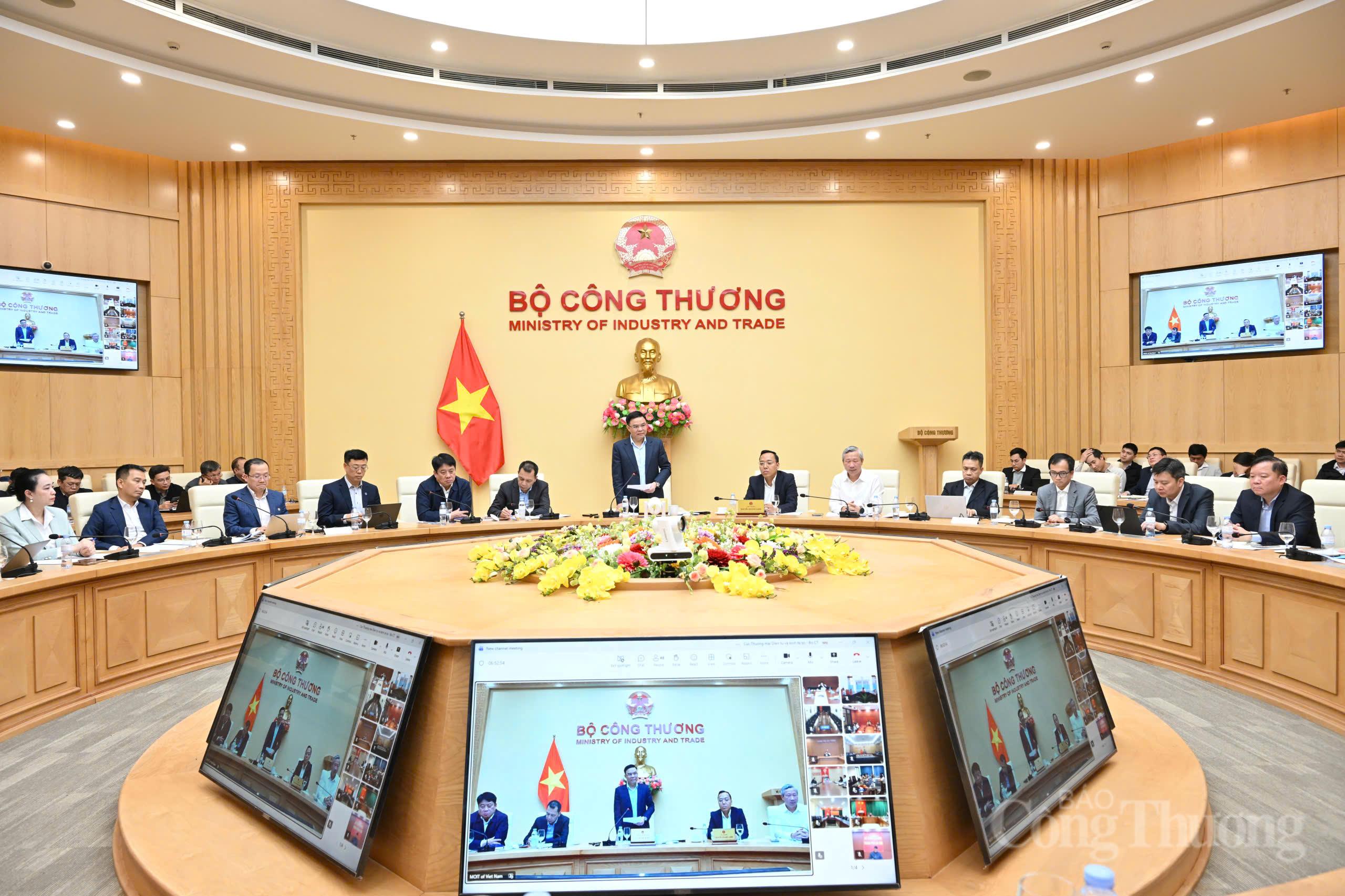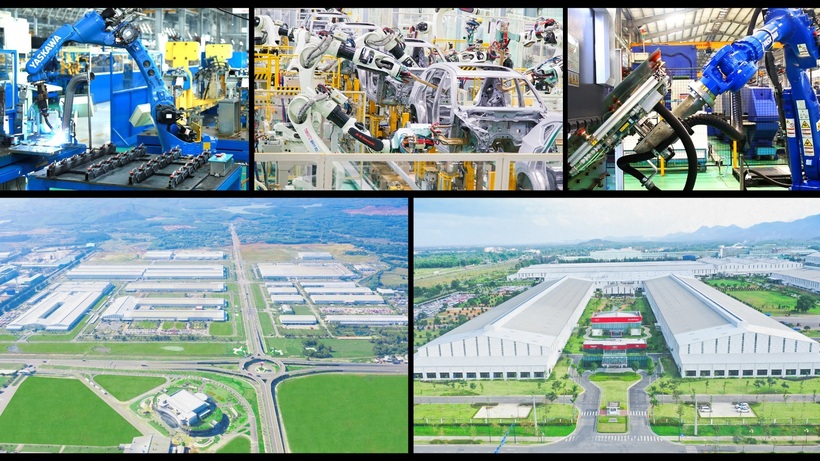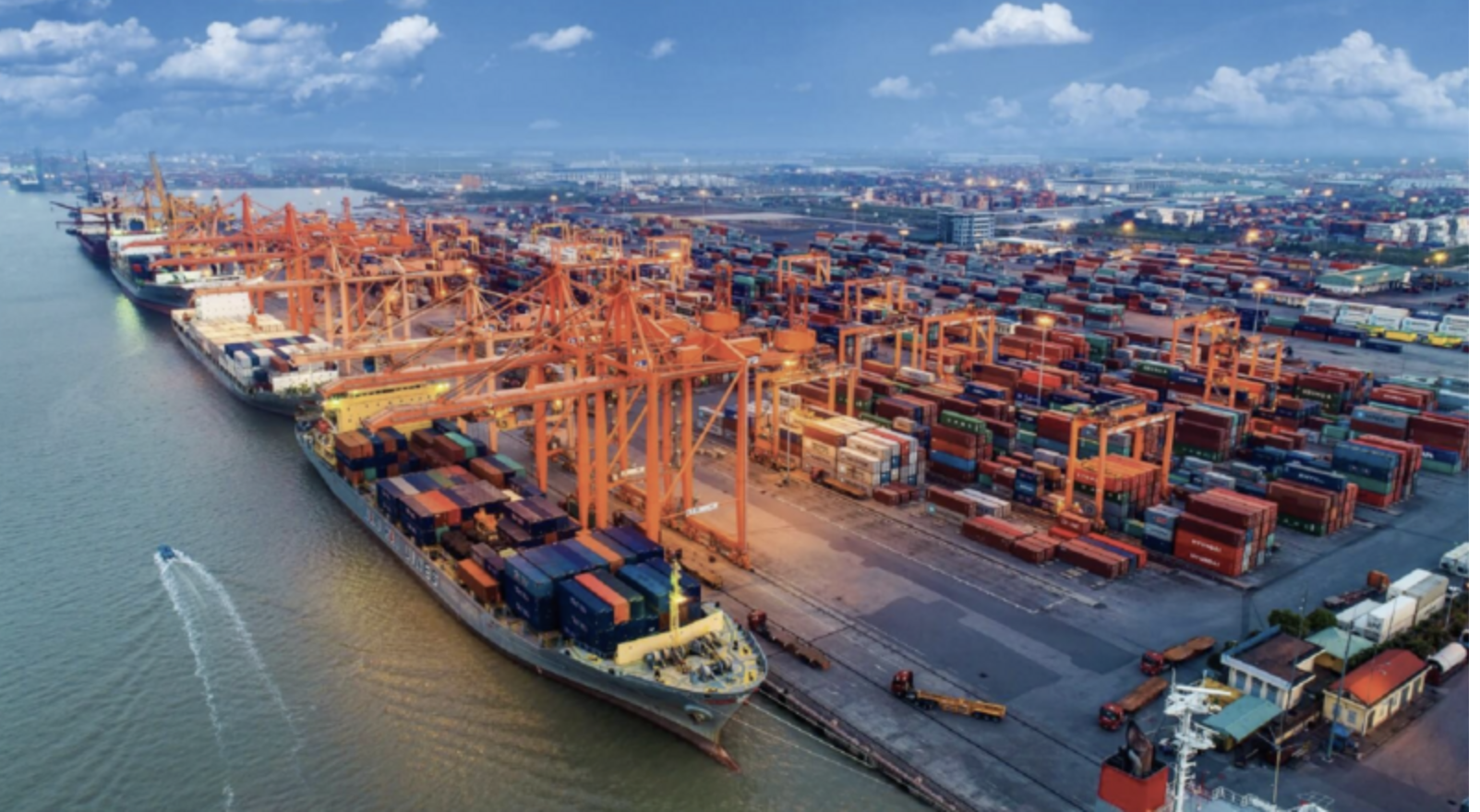
The MoIT strengthens the power supply and key energy projects
19:05 | 23/03/2025 14:42 | 31/01/2026News and Events
Synchronized policies pave the way for supporting industries to thrive
Supporting industries play a key role in enhancing production capacity, increasing added value, and driving the sustainable growth of national priority sectors. By 2025, Vietnam has implemented numerous policies and programs to develop supporting industries, aimed at effectively serving strategic projects and sectors.

Linking supporting industries with strategic sectors opens opportunities for breakthroughs, enhances competitiveness, and drives Vietnam’s industrialization to new heights.
Over the years, Vietnam has issued many policies and launched various development programs, including: Decree No.111/2015/ND-CP on supporting industry development; the Supporting Industry Development Program for 2016-2025; the Pharmaceutical Industrialization Program to 2030, vision to 2045; provincial supporting industry plans; and programs to help supporting industry enterprises join global supply chains.
Decree No.111/2015/ND-CP, issued on November 3, 2015, provided preferential policies and support for supporting industry enterprises, including covering up to 75% of technology transfer costs for projects using over 85% domestic mineral-based materials, as well as tax and credit incentives. These measures have significantly aided industries such as automotive, electronics, textiles and footwear, mechanical engineering, and high-tech manufacturing.
In the auto sector, the decree prioritized developing key components like engines, transmissions, braking systems, and electrical parts, enabling some car models in Vietnam to achieve high localization rates, meeting domestic demand and surpassing targets of the national automotive strategy.
Meanwhile, the program to support enterprises in joining global supply chains has also yielded positive results. Between 2021 and 2024, the Ministry of Industry and Trade approved hundreds of projects worth billions of dong, with hundreds of millions in state funding. More than 700 enterprises received support to attend investment promotion programs and exhibitions, while over 2,200 workers were trained at various levels.
Most recently, the ministry issued Decision No.1080/QD-BCT on April 18, 2025, approving the Supporting Industry Development Program for 2025. The program focuses on helping enterprises improve competitiveness, adopt new technologies, and integrate more deeply into global supply chains.
Major cities are also aiming to increase both the quantity and quality of supporting industry enterprises, contributing to the stronger development of national key industries. Overall, these policies and programs reflect the state’s strong commitment to promoting supporting industries, helping Vietnamese enterprises improve their competitiveness in international markets.
Manufacturing accelerates thanks to supporting industries
Thanks to the focus on supporting industries, Vietnam’s industrial production index (IIP) has seen positive signals. In 2024, IIP rose an estimated 8.4% year-on-year, compared to just 1.3% growth in 2023. The manufacturing and processing sector, accounting for more than 74% of industrial output, was the main driver of this recovery.
In the first seven months of 2025, IIP rose 8.6% from a year earlier. Manufacturing grew 10.3%, contributing 8.5 percentage points; power production and distribution rose 4.6%; water supply and waste treatment climbed 10.4%; while mining fell 2.7%.
The strong performance of manufacturing reflects the vital role of supporting industries in supplying components and materials for automotive, electronics, textiles, and precision engineering. Decree No.111/2015/ND-CP and related policies have created favorable conditions for supporting industry enterprises to expand production and boost competitiveness.
According to Dr. Tran Minh Chinh from Ho Chi Minh City University of Industry, challenges remain: domestic capacity is still limited, most firms are small- and medium-sized with uneven technology, and many cannot handle large or high-precision orders. Weak linkage and lack of standardization also hinder growth, with international standards such as ISO, IATF 16949, and AS9100 not yet widely applied. Human resources and R&D also lag, with engineers lacking experience in design and new material technologies.
To address these challenges, Dr. Chinh suggested expanding financial and tax incentives for investment in modern technology, building raw material and innovation centers in industrial hubs, strengthening links between universities, research institutes, and enterprises, and creating mandatory connections between FDI firms and domestic suppliers.
Vietnam has great potential but must overcome bottlenecks in technology, capital, and human resources. Strong and practical policy mechanisms are needed for breakthroughs. Strengthen linkages between universities, research institutes, and enterprises to improve training quality, workforce supply, and product research and development. Implement mandatory connection policies between FDI enterprises and domestic supporting industries to establish a genuine supply network.

19:05 | 23/03/2025 14:42 | 31/01/2026News and Events

19:05 | 23/03/2025 22:14 | 30/01/2026News and Events

19:05 | 23/03/2025 16:24 | 30/01/2026Science - Technology

19:05 | 23/03/2025 09:54 | 30/01/2026Cooperation

19:05 | 23/03/2025 09:40 | 30/01/2026Investment